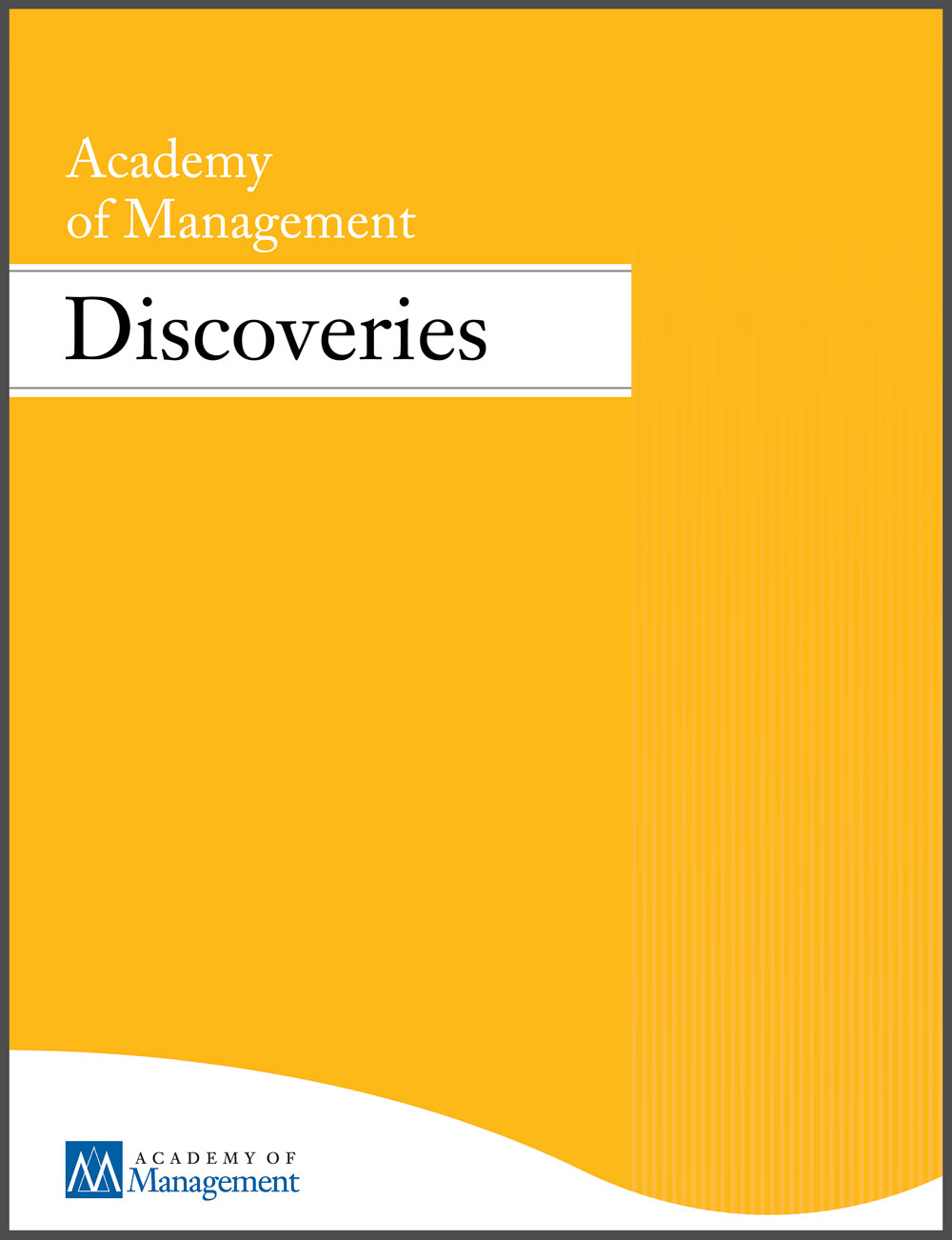英雄还是恶棍?亚马逊地区的农业企业领袖
IF 4.8
2区 管理学
Q2 MANAGEMENT
引用次数: 0
摘要
近年来,由于伐木和农业活动,亚马逊雨林面临着贪婪的枯竭。这些活动往往被认为是该区域经济发展所必需的。但是,有效的领导,特别是地方一级的领导,可以在同时促进经济增长和生态可持续性方面发挥关键作用。本研究探讨农业综合企业领导职业背景对经济发展和环境保护的影响。我们采用回归不连续设计(RDD)来比较2004年至2016年巴西亚马逊城市中边际选举(几乎随机)农业综合企业领导人与非农业综合企业领导人在新公司创建和森林砍伐率方面的表现。我们的研究结果表明,农业综合企业的领导者比非农业综合企业的领导者更有效地促进其所在城市的新企业的创建。经济活动的增加并不一定伴随着森林砍伐率的上升。对机制的分析表明,在不牺牲环境可持续性的前提下,财政政策在地方领导人控制下促进经济繁荣的重要性。这项研究强调,有必要超越简单的“英雄”和“恶棍”概念,寻求协调联合国可持续发展目标所追求的经济和生态目标。本文章由计算机程序翻译,如有差异,请以英文原文为准。
Heroes or Villains? Agribusiness Leaders in the Amazon Region
In recent years, the Amazon rainforest has faced voracious depletion due to logging and farming activities. These activities are often justified as necessary for economic development in the region. However, effective leadership, particularly at the local level, can play a crucial role in promoting simultaneously both economic growth and ecological sustainability. This study examines the effects of leaders’ occupational background in agribusiness on economic development and environmental preservation. We employ a Regression Discontinuity Design (RDD) to compare the performance of marginally elected (almost randomly) agribusiness leaders with non-agribusiness leaders in terms of new firm creation and deforestation rates in Brazilian Amazon municipalities from 2004 to 2016. Our findings suggest that agribusiness leaders are more effective than their non-agribusiness counterparts in promoting the creation of new businesses in their municipalities. This increased economic activity has not necessarily been accompanied by higher deforestation rates. The analysis of mechanisms shows the importance of fiscal policies, which are under the control of local leaders, in promoting economic prosperity without sacrificing environmental sustainability. This study underscores the need to move beyond simplistic notions of “heroes” and “villains” in the quest to reconcile economic and ecological objectives as aimed by the United Nations Sustainable Development Goals.
求助全文
通过发布文献求助,成功后即可免费获取论文全文。
去求助
来源期刊

Academy of Management Discoveries
MANAGEMENT-
CiteScore
10.00
自引率
3.20%
发文量
40
期刊介绍:
The mission of AMD is to publish phenomenon-driven empirical research that theories of management and organizations neither adequately predict nor explain. Data on these poorly-understood phenomena can come from any source, including ethnographic observations, lab and field experiments, field surveys, meta-analyses, construct validation research, and replication studies. AMD welcomes exploratory research at the pre-theory stage of knowledge development, where it is premature to specify hypotheses, and which generates surprising findings likely to stimulate and guide further exploration and analysis. This research must be grounded in rigorous state-of-the-art methods, present strong and persuasive evidence, and offer interesting and important implications for management theory and practice. Read the Discoveries FAQs.
 求助内容:
求助内容: 应助结果提醒方式:
应助结果提醒方式:


